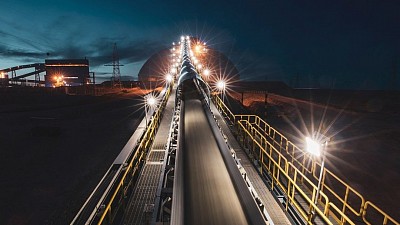Development processes
POWER GROUP has multitudinous manufacturing and technical abilities to fulfill client project requirements included EPC.
Renewable Energy / Biomass power generation business
Development processes
1: Feasibility assessmentProcess
2: Various arrangements before constructionProcess
3: Construction and preparation for operationProcess
Process 1: Feasibility assessment
Business feasibility is assessed in terms of availability of biomass fuel and a suitable location for generating power from the fuel (and a grid connection).
Once the right fuel and location are identified and we have a good prospect of business feasibility, research is conducted to find the necessary approvals, licenses, as well as relevant laws and regulations for the construction and operation of a power plant. In addition, voluntary environmental assessment or another activity is conducted to make sure that the environmental impact will be acceptable.
Consultations with local stakeholders are initiated and briefing sessions or the like for the intended biomass power generation are organized for community members to obtain their consent.
Renewable Energy / Solar power generation business
Development processesProcess 1: Planning and surveyProcess 2: Communication with local communitiesProcess 3: Design and construction workProcess 1: Planning and survey
The right location needs to be identified for a solar power generation plant. Ideally, it should be a sunny, flat, and large enough plot with easy access to a power grid. However, such ideal locations that meet all these conditions are rare. The key consideration, therefore, is how to overcome these constraints and ensure the feasibility of the intended business. It is also important to check what are the necessary procedures, approvals, and licenses for developing a chosen site.
Process 2: Communication with local communities (briefing sessions, approvals, and licenses)
In parallel with the selection of candidate sites, consultations are initiated with local governments regarding the necessary procedures, approvals, and licenses. In addition, briefing sessions are organized for community members to present the construction plan for the intended power plant. This is one of the most important steps involved in plant construction to address uncertainty and questions among community members regarding the plant construction in their neighborhood.
Process 2: Various arrangements before construction
If the intended business is deemed viable in Process 1, arrangements are made for the necessary land use, grid connection, approvals, licenses, fuel procurement, and financing (borrowing).
Reliable access to fuel over a long period is vital for any biomass power business.
As a next step, consultations regarding the construction are initiated with contractors.
After comparing the proposals from these contractors, an engineering, procurement, and construction (EPC) contract is signed with the most suitable contractor.
Once the intended plant is designed, construction is started as soon as the necessary approvals, licenses, and contracts are ready.
Process 3:Process 3: Design and construction work,Construction and preparation for operation

